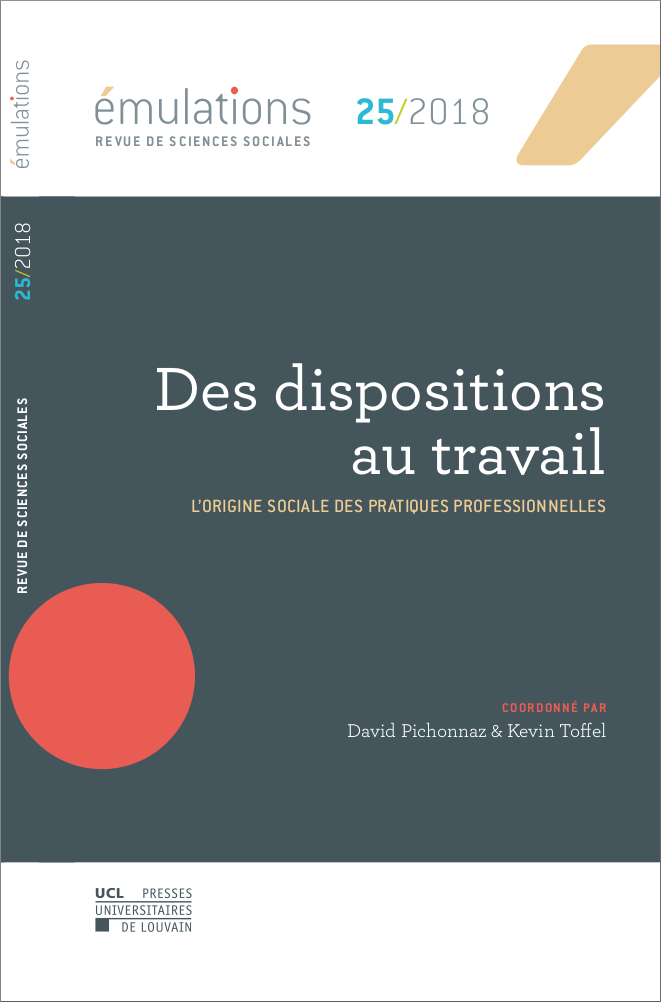Appartenance générationnelle et figures professionnelles
Le cas des artistes de cirque en France
DOI:
https://doi.org/10.14428/emulations.025.03Keywords:
Circus artists, Socialization, Career, Professionalization, GenerationAbstract
The coming of the new circus in France in the 1970s inaugurated its entrance in the field of subsidized culture on the model of the “creation”, alongside profound transformations regarding artists’ socialization. During the next decades concomitant processes of institutionalization, professionalization, and legitimization of this cultural sector, as well as the schooling of the job learning deployed. This article shows how these contextual changes modified the social recruitment of circus artists and how differentiated figures emerged in terms of capacities and work perception. From interviews led with around thirty circus artists born between 1952 and 1981, a generational approach allows to characterize two of theses figures. On one side, new circus artists, polyvalent and concerned with proposing a circus art for all, reached the job thanks to a late, informal and peer socialization, leaning on the sector of the social and cultural activities. On the other hand, contemporary circus artists, sportspersons and more qualified than the first ones, learned their trade in professional schools, leading to a disciplinary specialization and to a career conducted in a more institutionalized professional landscape. Coming from two different generations, these figures are associated with hierarchized professional segments.




.png)





